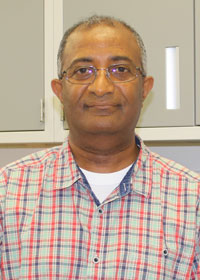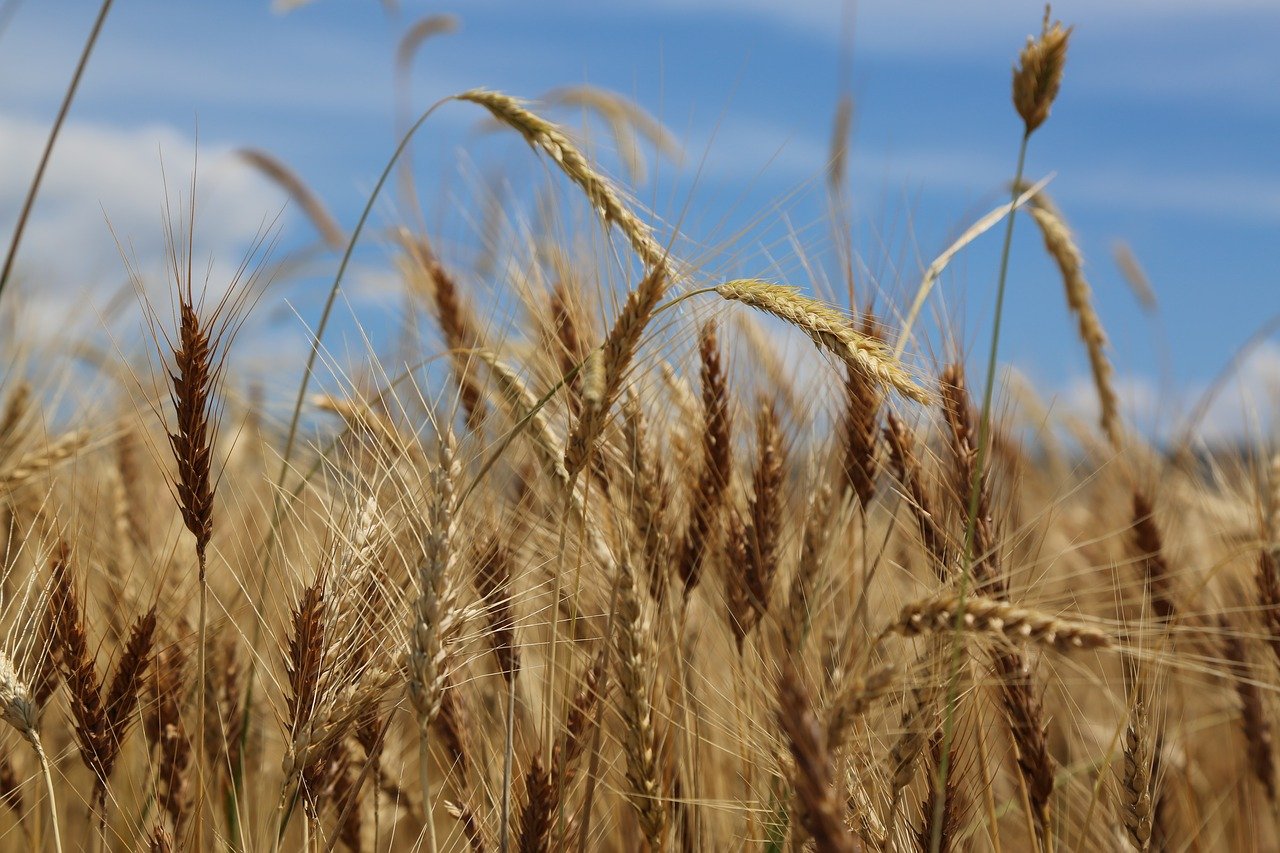January 25 – Tesfamichael Kebrom, Ph.D., has received a $200,000 grant from the National Institute of Food and Agriculture (NIFA) – Agriculture and Food Research Initiative (AFRI) to conduct research on the molecular physiology of plant shoot architecture and crop yield improvement.
Kebrom seeks to increase wheat production and profitability while easing global food insecurity, building on the legacy of the late Norman Borlaug, Ph.D.
Borlaug was a professor at Texas A&M University who developed high yielding wheat varieties and introduced them to highly populated Asian countries in the 1960s and 1970s, an era known as the Green Revolution. Borlaug was named the father of the Green Revolution and awarded a Nobel prize in 1970. The yield of wheat increased until the early 1990s, reached a yield ceiling, and did not increase since the 1990s. The demand for wheat will increase to feed the growing world population.
“Our research on shoot branching at Prairie View A&M University may enable to break the yield ceiling,” Kebrom said, “and an increase in wheat yield will continue Borlaug’s legacy of feeding a growing population and saving lives.”
The research focus on wheat is timely, as it contributes to 20 percent of global calorie consumption and one of the major crops grown in the United States. Nationally, Texas ranks among the top 10 states in wheat production, generating an economic value of almost $1 billion annually, and is a key ingredient in many of the foods we consume such as cereal, bread and tortillas and a staple in many parts of the world.
The project will advance knowledge regarding the physiological and molecular basis of shoot branching – a critical component in determining the yield of wheat – which can compromise the overall yield in excess.
Kebrom will use the new plant growth chamber in the College of Agricultural and Human Sciences (CAHS) Cooperative Agricultural Research Center and genomic DNA and RNA sequencing capabilities and computational tools established at the Chancellor’s Research Initiative Center for Computational Systems Biology in the College of Engineering.
“We are excited to receive the grant from NIFA for this relevant research,” Gerard D’Souza, Ph.D., CAHS dean and director of Land Grant Programs said. “Food insecurity continues to be a pressing global issue and research such as this will certainly help to address the problems we face.”
Once the research is completed, Kebrom and his fellow investigators will submit proposals to NIFA for more grants to develop new wheat varieties with the optimal number of shoot branches and higher yields.
For more information on this article contact:
 Tesfamichael, Ph.D.
Tesfamichael, Ph.D.
Research Scientist
thkebrom@pvamu.edu
(936) 261-5150

